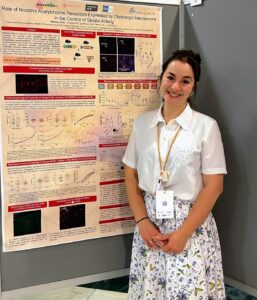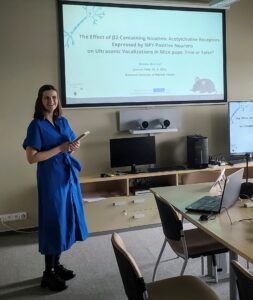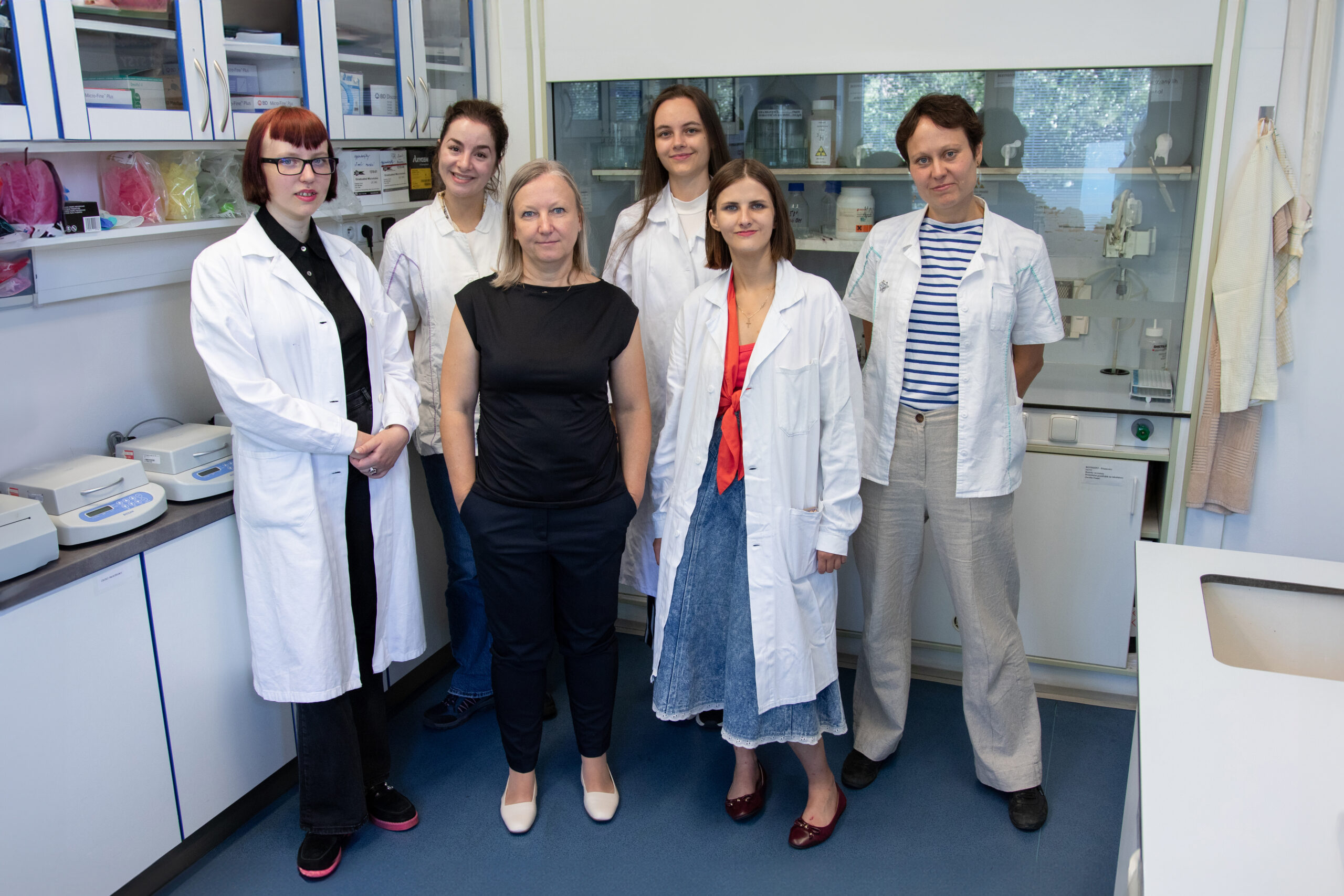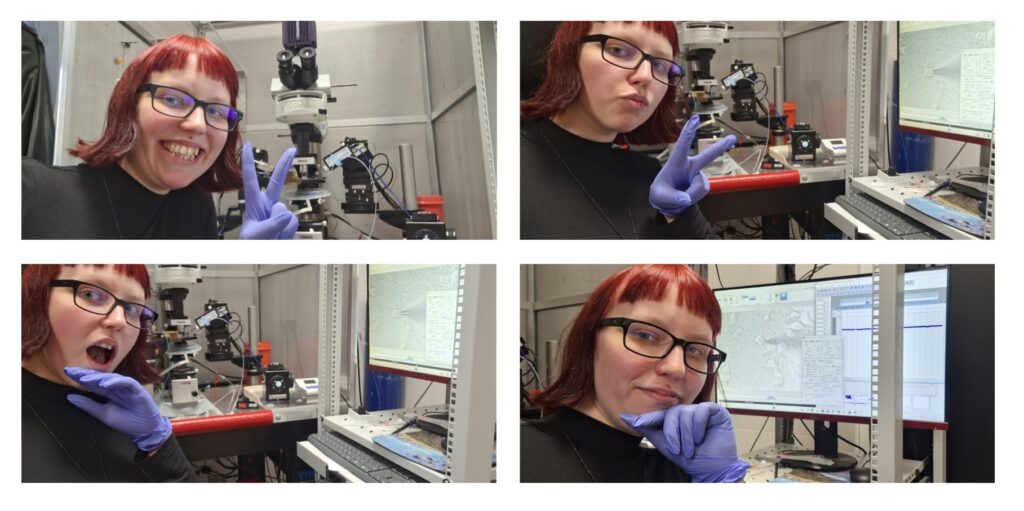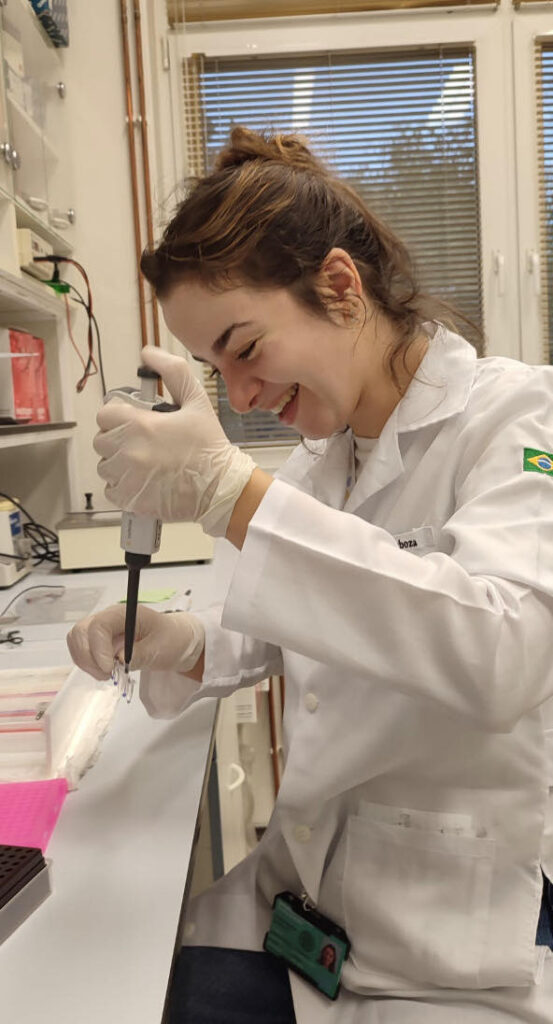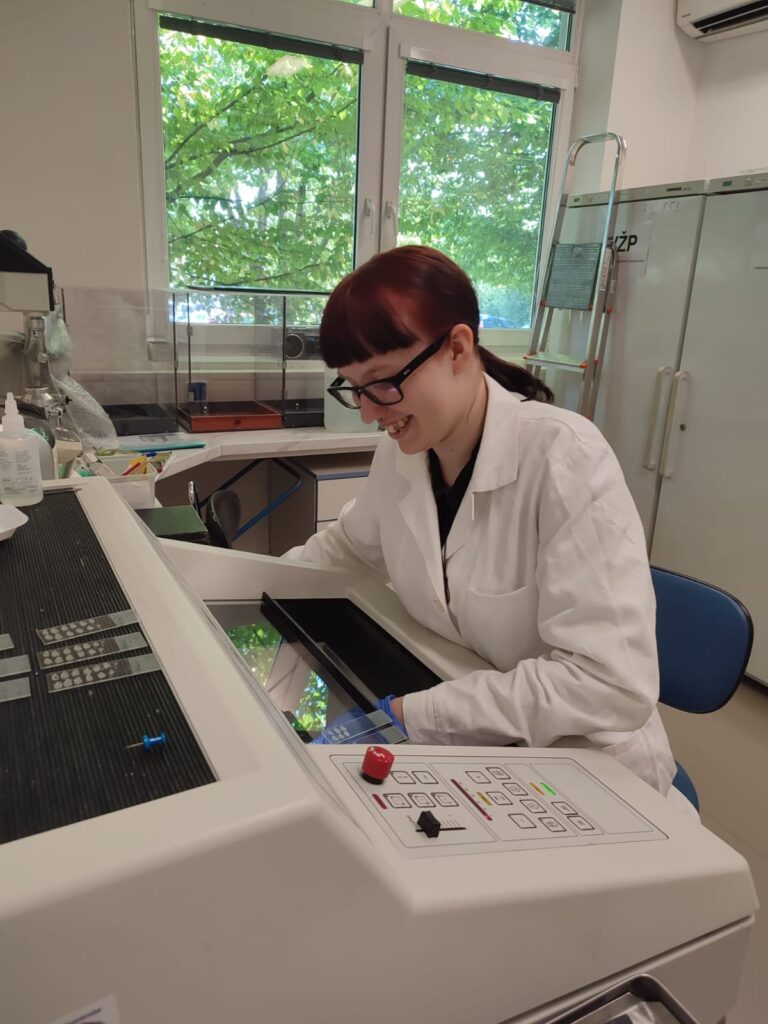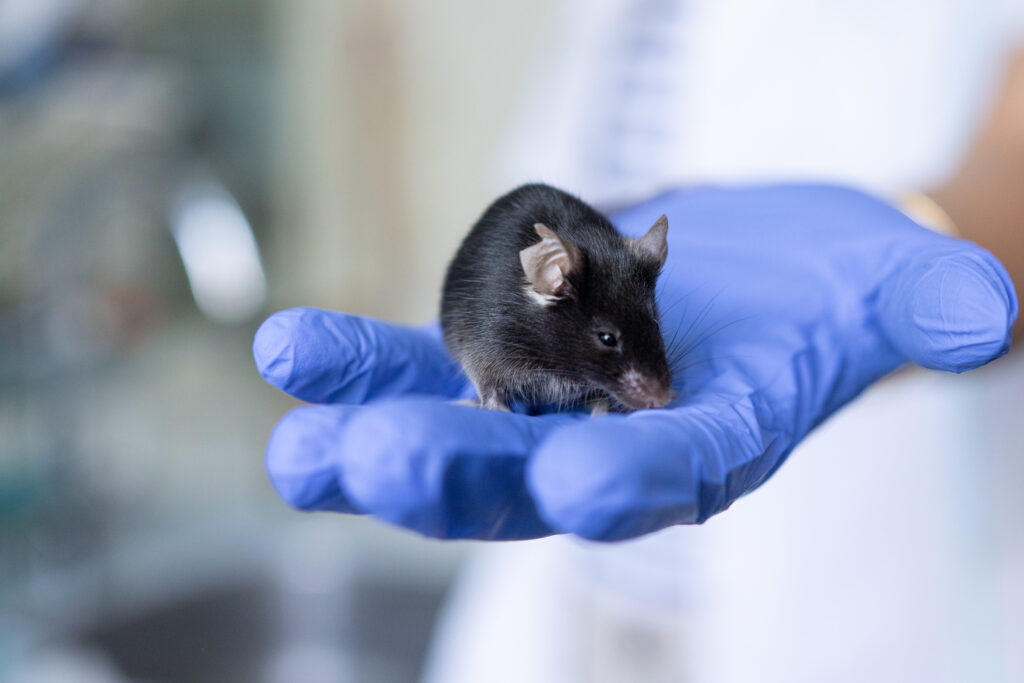Laboratory of Cholinergic Signaling

CONTENT OF THIS PAGE
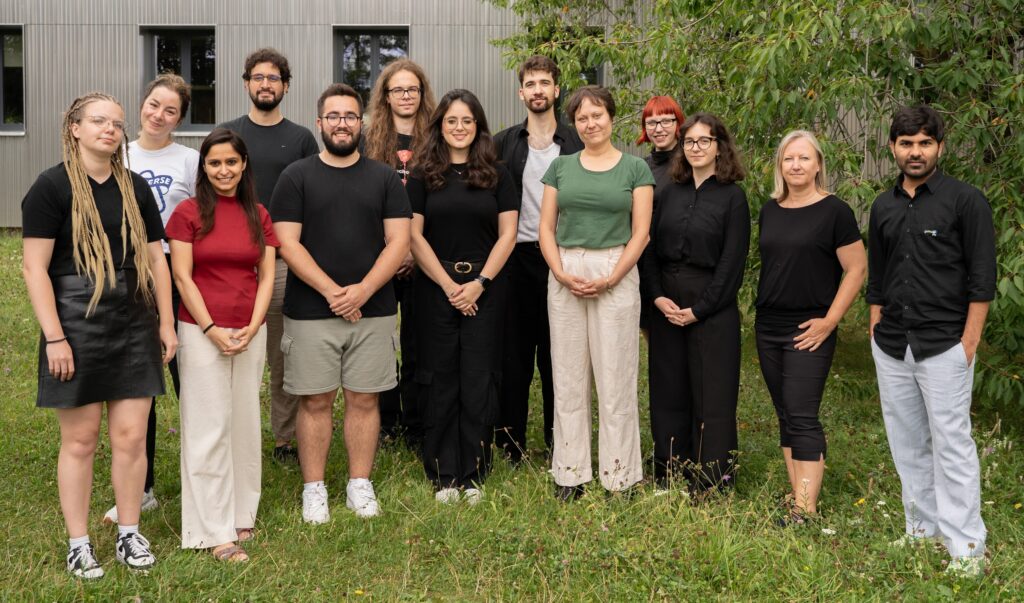
ABOUT THE LABORATORY
Our laboratory investigates the expression and function of acetylcholine receptors in individual neuronal populations throughout the brain, particularly in the striatum and prefrontal cortex. Our research aims to explore and exploit the great complexity of acetylcholine receptors to pave the way toward new, safer and more efficient therapeutic approaches.
What we do
To achieve our goal of understanding the complexity of acetylcholine receptors, we first map their expression in specific neuronal types. Then, using viral vectors and genetically modified mouse lines, we alter the expression of the receptors in specific neuronal types and brain regions. To determine the functional effects of the receptor perturbations, we analyze mouse behavior and the associated changes in neuronal activity and synaptic plasticity. Finally, we realize that the genetic approaches we employ in mice to investigate the receptors’ function cannot be easily applied in human patients. Therefore, we want to combine a selective “unmasking enzyme-masked substrate” pair and the neuronal-type-specific expression of the unmasking enzyme to test the possibility of the control of cholinergic signaling in specific neuronal types in wild-type animals.
What motivates us
We believe that only a thorough understanding of acetylcholine receptors’ functions and regulations can enable researchers to develop an effective therapy targeting these receptors. New therapeutic approaches should be specific, not only for different subtypes of acetylcholine receptors but also for individual neuronal populations that express them. Last but not least, we believe that research is not just about opening new avenues for drug development and other practical matters. Instead, our research’s chief aim is to determine how much we can mould and tune the refined mammalian brain by using acetylcholine receptors as a tool.
Are you interested in joining the team? Let us know!
Address
Institute of Physiology of the Czech Academy of Sciences
Videnska 1083
14200, Prague 4
Phone
+420 241062287
Projects
Achievements
Establishing The Laboratory of Cholinergic Signaling
The Laboratory of Cholinergic Signaling was established on 1.10.2024. Congratulations!
Publications
Madrer; N. - Perera; N. D. - Uccelli; N. A. - Abbondanza; Alice - Andersen; J. V. - Carsana; E. V. - Demmings; M. D. - Fernandez; R. F. - de Fragas; M. G. - Gbadamosi; I. - Kulshrestha; D. - Lima-Filho; R. A. S. - Marian; O. C. - Markussen; K. H. - McGovern; A. J. - Neal; E. S. - Sarkar; S. - Šimončičová; E. - Soto-Verdugo; J. - Yandiev; S. - Fernandez-Moncada; I. Neural Metabolic Networks: Key Elements of Healthy Brain Function. Journal of Neurochemistry. 2025; 169(6); e70084.
IF = 4
Abbondanza; Alice - Kim; N. - Lima-Filho; R. A. S. - Amin; A. - Anversa; R. G. - Almeida; F. B. - Cardozo; P. L. - Carello-Collar; G. - Carsana; E. V. - Folarin; R. O. - Guerreiro; S. - Ijomone; O. K. - Lawal; S. K. - Matias; I. - Mbagwu; S. I. - Nino; S. A. - Olabiyi; B. F. - Olatunji; S. Y. - Olasehinde; T. A. - Ruankham; W. - Sanchez; W. N. - Soares-Cunha; C. - Soto; P. A. - Soto-Verdugo; J. - Strogulski; N. R. - Tomaszewska; W. - Vieira; C. - Chaves-Filho; A. - Cousin; M. A. - Rinken; A. - Wenzel; T. J. Dissection of Neurochemical Pathways Across Complexity and Scale. Journal of Neurochemistry. 2025; 169(7); e70160.
IF = 4
Abbondanza; Alice - Bas; Irina Ribeiro - Modrák; Martin - Čapek; Martin - Minich; Jessica - Tyshkevich; Alexandra - Naser; Shahed - Rangotis; Revan - Houdek; Pavel - Sumová; Alena - Dumas; S. - Bernard; V. - Janíčková; Helena Nicotinic Acetylcholine Receptors Expressed by Striatal Interneurons Inhibit Striatal Activity and Control Striatal-Dependent Behaviors. Journal of Neuroscience. 2022; 42(13); 2786-2803.
IF = 5.3

